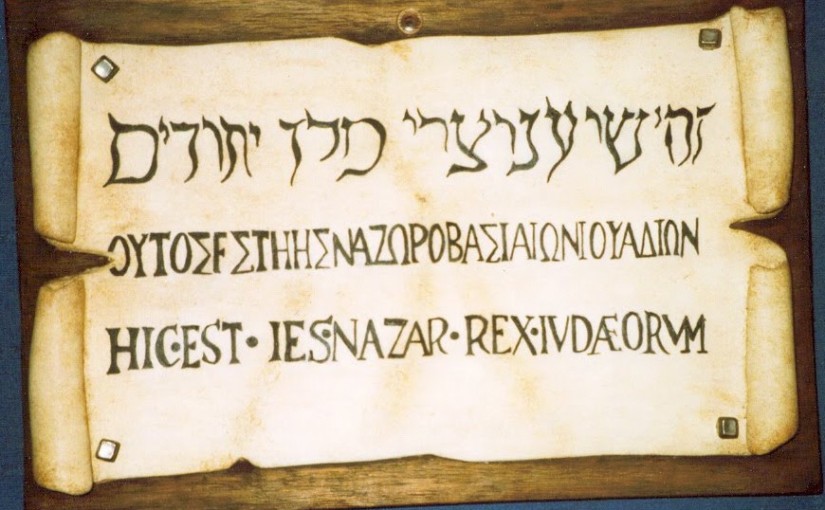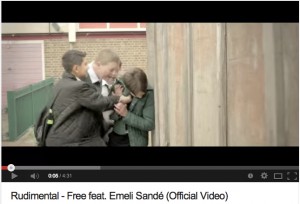Mark 15:26 And the inscription of the charge against him read, “Our King.” [paraphrase]
A friend of mine by the name of Wayne once told me it is impolite to ask “What did you do that landed you in prison?” The proper social tact is to ask, “What did they accuse you of doing?” Obviously the first question implies that they are guilty, the second one implies a wrongful charge. Jesus was accused of being, “Our King.” Was this charge correct?
If you are at all familiar with the final 48 hours of Jesus life and his trial there were a few trumped up charges. This was not one of them. When Rome executed a criminal, the speculatore and centurions would normally affix a placard outlining the charges. Crucifixion was considered one of the worst forms of execution. It was illegal in the Republic and then the Empire to execute a Roman citizen by crucifixion. Even the non-citizen was afforded the dignity of being spared crucifixion. Crucifixion was reserved for the murderer and the traitor. Claiming to be king was a treasonous act against the emperor. Treason demanded the most serious of consequences.
And yet we crucified the Lord of Glory. Most of us do not understand the import of the words “Our King.” We live in a time constitutional monarchies, parliamentary monarchies, or are members of republics. We do not understand what it means to acknowledge someone as king. Kings have become figureheads. When we look at our passports and it says that our queen wishes us safe conduct, we do not really think that she actually has any day to day involvement or real say in our life or really cares about our safety in foreign lands.
Jesus’ death tells us how seriously many people in the 1st Century found Jesus claim. Many found it offensive that Jesus would stake claim over their lives. There is something inherent in us that wishes to be captain of our own destinies. As the poet William Ernest Henley put it:
I thank whatever gods may be
For my unconquerable soul
…
I am the master of my fate,
I am the captain of my soul.
The placard, “Our King” speaks of gratitude, of debt, of honour. We failed in our debt of gratitude and yet our Sovereign’s good pleasure still rests on us. We live, move, breathe and have our being because of his royal grace. To call someone king or lord implies respect.
As Abraham Kuyper says: “There is not a square inch in the whole domain of our human existence over which Christ, who is Sovereign over all, does not cry, ‘Mine!’”
Jesus was not treasonous, we were. But his royal grace is enough to forgive every treason.
God’s claim is not a claim of possession, it is a claim care.
Easter is the story of humanity recognizing God’s royal claim.








